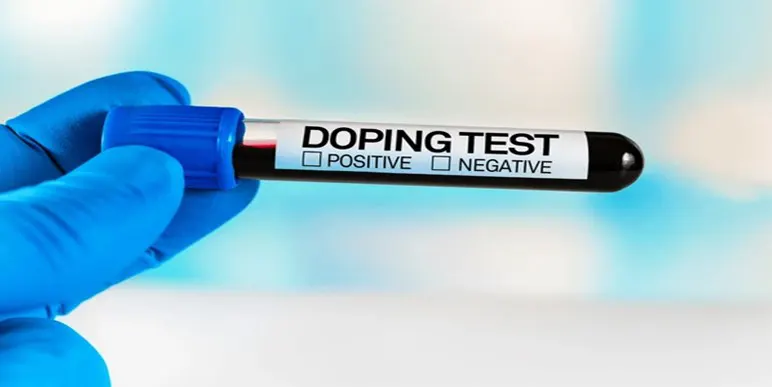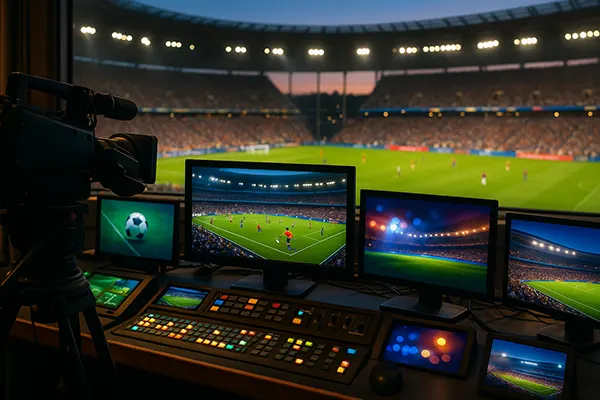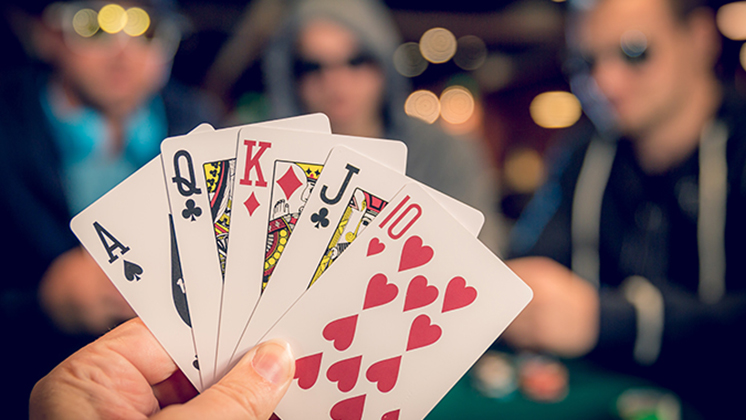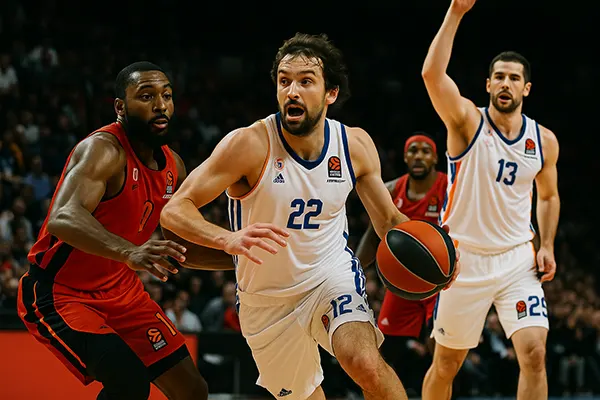High-Profile Downfalls: Mudryk and Other Top Footballers Caught Doping

In the competitive world of football, maintaining peak performance is an unyielding demand. While many players rely on rigorous training, discipline, and natural talent, some have faced allegations related to performance-enhancing drugs (PEDs). Such accusations, whether substantiated or not, can cast long shadows over their careers. This article delves into the case involving Mykhailo Mudryk and other prominent footballers linked to doping controversies.
Mykhailo Mudryk: A Star Under Scrutiny
Mykhailo Mudryk, a Ukrainian prodigy known for his agility and technique, became the subject of controversy in late 2024 when reports surfaced of alleged doping violations. Mudryk, a key player for his national team and club, strongly denied any wrongdoing. The footballer underwent a polygraph test, which reportedly supported his claims of innocence, and he expressed confidence that the secondary sample (B sample) would clear his name.
The spotlight on Mudryk has sparked debates about the processes and protocols of doping investigations in professional football. Supporters argue for better safeguards to protect athletes’ reputations during such probes, while critics call for greater transparency in testing methods. These discussions reflect the broader tension between safeguarding the sport’s integrity and ensuring fairness to players.
Furthermore, Mudryk’s case has drawn attention to the psychological toll of such allegations. Athletes often face immense public scrutiny and stress, which can affect their mental health and performance. This aspect highlights the need for a supportive environment within clubs and associations to help players navigate such challenges.
The Role of Public Perception
Despite the absence of a confirmed violation, the allegations have already impacted Mudryk’s public image. Social media discussions and media reports have highlighted the challenges athletes face in defending themselves against such claims. Mudryk’s case underscores the importance of due process and the need to avoid premature judgments in the court of public opinion.
Public perception can often overshadow the facts, making it crucial for governing bodies and the media to act responsibly. This includes refraining from sensationalism and ensuring that coverage remains balanced until investigations conclude. Mudryk’s experience serves as a cautionary tale for how narratives can shape reputations before outcomes are determined.
Other High-Profile Doping Allegations
The case involving Mudryk is not unique in the world of football. Over the years, several top players have been embroiled in doping controversies, either through confirmed violations or allegations that were later disproven. These cases reveal the complexities of anti-doping enforcement and its implications for the sport.
Diego Maradona’s case during the 1994 FIFA World Cup remains one of the most well-known doping scandals in football history. Testing positive for ephedrine, a banned substance, led to his removal from the tournament and dealt a blow to his global fanbase. Meanwhile, Romanian striker Adrian Mutu’s suspension for cocaine use in 2004 highlighted a different type of substance misuse that also carried severe career consequences.
Other examples include cases where players successfully challenged doping allegations, shedding light on the importance of accurate testing and appeals processes. These stories underline the necessity of a robust and fair system to handle such allegations, ensuring that innocent players are not unjustly penalised.
Systemic Challenges in Anti-Doping
Football’s governing bodies have long grappled with ensuring fair play while respecting the rights of athletes. False positives, inconsistent testing protocols, and the stigma associated with accusations all contribute to the complexity of addressing doping in the sport. Each case, whether confirmed or not, serves as a reminder of the need for a balanced approach that prioritises both integrity and fairness.
One of the key challenges lies in maintaining consistency across different jurisdictions. National leagues and international competitions may have varying standards, leading to discrepancies in how doping cases are handled. This inconsistency often fuels debates about the fairness of penalties and the reliability of testing procedures, further complicating efforts to combat doping effectively.

Efforts to Uphold Integrity in Football
In response to doping concerns, FIFA and other football organisations have implemented comprehensive measures to combat the issue. These initiatives include random drug testing, educational programs, and collaboration with the World Anti-Doping Agency (WADA) to establish transparent and effective procedures.
Educational campaigns are particularly critical in preventing doping at its roots. Young players are taught about the risks and ethical implications of using banned substances, ensuring they are equipped to make informed decisions throughout their careers. Additionally, technological advancements in testing methods have reduced errors and improved the reliability of results.
Another significant step has been the development of support networks for players accused of doping. Legal assistance, counselling services, and advocacy for fair treatment are now more accessible, helping athletes navigate the complexities of investigations. These measures aim to balance the pursuit of integrity with the protection of players’ rights.
The Importance of Due Process
One of the key lessons from recent controversies, including the ongoing investigation involving Mudryk, is the importance of due process. Ensuring that allegations are thoroughly examined and resolved based on factual evidence is vital for maintaining trust in the system. Athletes, fans, and governing bodies alike benefit from an approach that balances accountability with fairness.
The principle of due process extends beyond individual cases, shaping how the sport is perceived globally. Transparent and consistent handling of doping allegations reassures fans and stakeholders that football remains a fair and ethical competition. By prioritising these values, the sport can continue to inspire millions worldwide.
Doping controversies, whether involving Mykhailo Mudryk or other players, reflect the challenges of maintaining integrity in competitive football. By fostering a culture of transparency, education, and justice, the sport can continue to thrive as a global phenomenon celebrated for its values of fair play and excellence.





